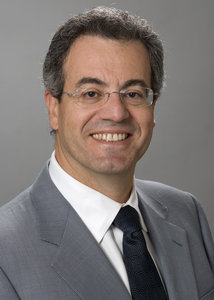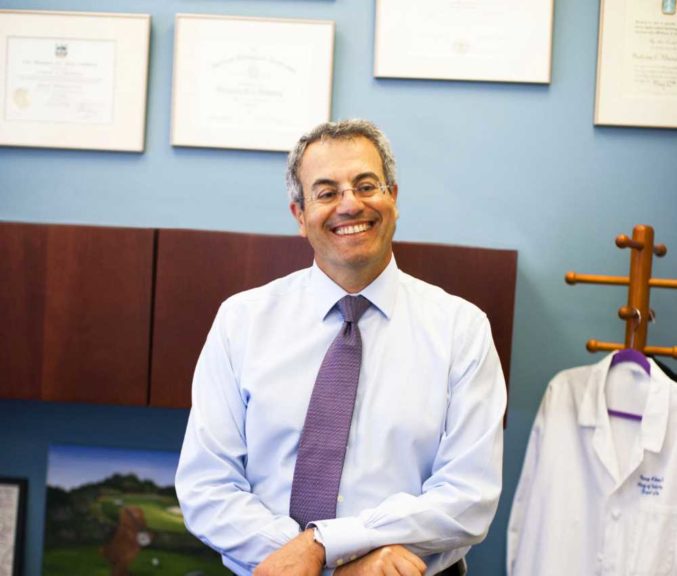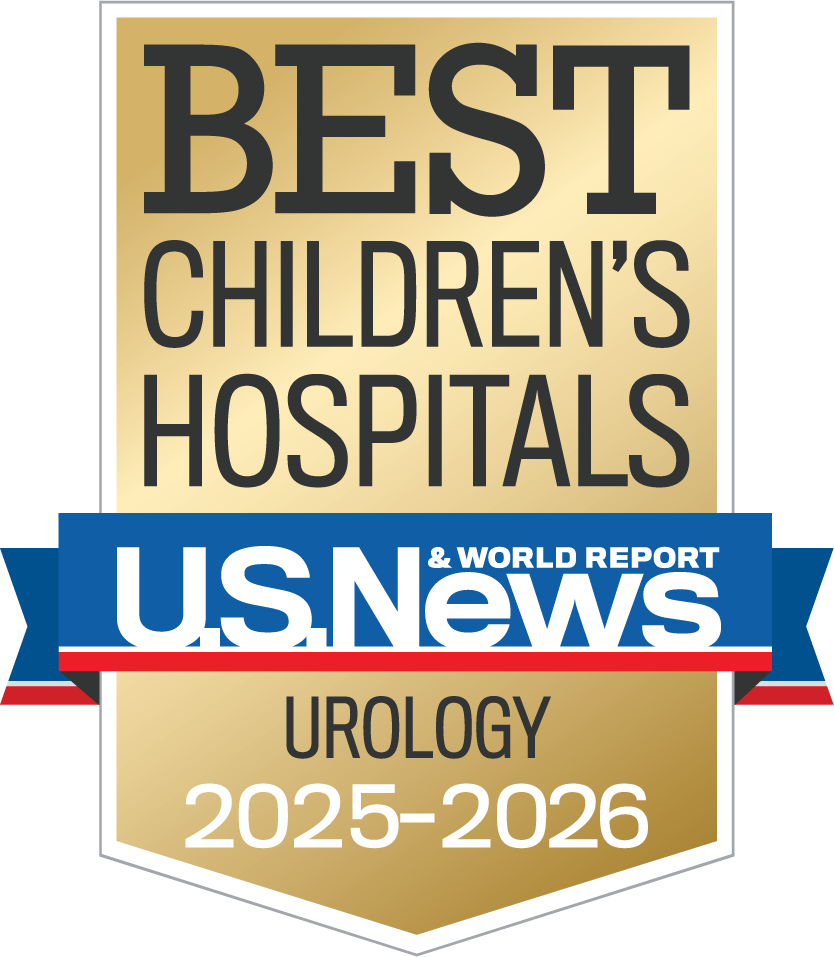The merging of clinical experience, surgical expertise and evidence-based practices is critical for obtaining the best outcomes for patients and their families. Guided by these criteria, CHOC established the Western Pediatric Urology Consortium (WPUC) to develop impactful and innovative research to benefit pediatric urology patients in the years ahead.
“Pediatric urology is a small community,” says Dr. Antoine “Tony” Khoury, chief of pediatric urology at CHOC. “Relatively speaking, the number of pediatric urology patients with complex anomalies is low, so it can be challenging to design studies robust enough to answer the important questions, the questions we need to answer to care for our patients in the best way possible.”

In an effort to bring together the leading pediatric urology groups, Dr. Khoury initiated the development of the WPUC. “With a larger patient pool and our collective resources, our consortium can design collaborative studies that none of us could accomplish on our own, which we hope will ultimately improve diagnosis and treatment in pediatric urology,” Dr. Khoury says.
The WPUC currently has 15 centers involved in the consortium, including three centers in Canada and two in the eastern United States. There are several active studies WPUC is investigating, including:
- The effect of the COVID-19 pandemic on testicular torsion, a urologic emergency requiring surgery. The WPUC is investigating whether delaying treatment for torsion during COVID-19 increased the risk of testicular loss.
- Posterior urethral valves, a serious congenital condition seen in boys, frequently leads to renal failure requiring kidney transplant. Are the graft survival rates of boys with this condition equivalent to patients with other conditions that lead to kidney failure?
- Hypospadias repair, a surgery that is both an art and a science. The WPUC is using artificial intelligence to study surgical reports across the consortium to better understand decision-making and improve surgical techniques.
“These are long-term studies we are working on today that we’re hoping will effect change for our patients in the future,” says Dr. Khoury.

When asked if the COVID-19 pandemic had any impact on the WPUC, Dr. Khoury says their first inaugural meeting, which was scheduled to be held In March of 2020, was cancelled. “We were anticipating an amazing turn-out for the meeting in Orange County, but fortunately we were able to successfully transition to online collaboration. We have had several productive virtual meetings since March, and we have since launched three stellar research studies.”
Dr. Khoury stresses how important the collaboration is between the centers in the WPUC when it comes to advancing pediatric urology care. “In pediatric urology, there are not enough large-scale studies, so it’s important to involve multiple centers so we can accumulate enough data to come up with meaningful results in a reasonable timeframe. If we only rely on one center, we’ll never gather enough data to determine the best treatments and how to make the most appropriate decisions for these children.”
Dr. Khoury believes the WPUC will lead to new avenues of research, which could assist in developing new treatment protocols. “My hope is that we will change academic pediatric urology through the collaboration of the WPUC,” Dr. Khoury says. “The work we’re doing as a group right now will improve urologic diagnosis, treatment and research for the next generation of pediatric urology patients.”

CHOC Children’s Hospital was named one of the nation’s best children’s hospitals by U.S. News & World Report in its 2025-26 Best Children’s Hospitals rankings and ranked in the urology specialty.




